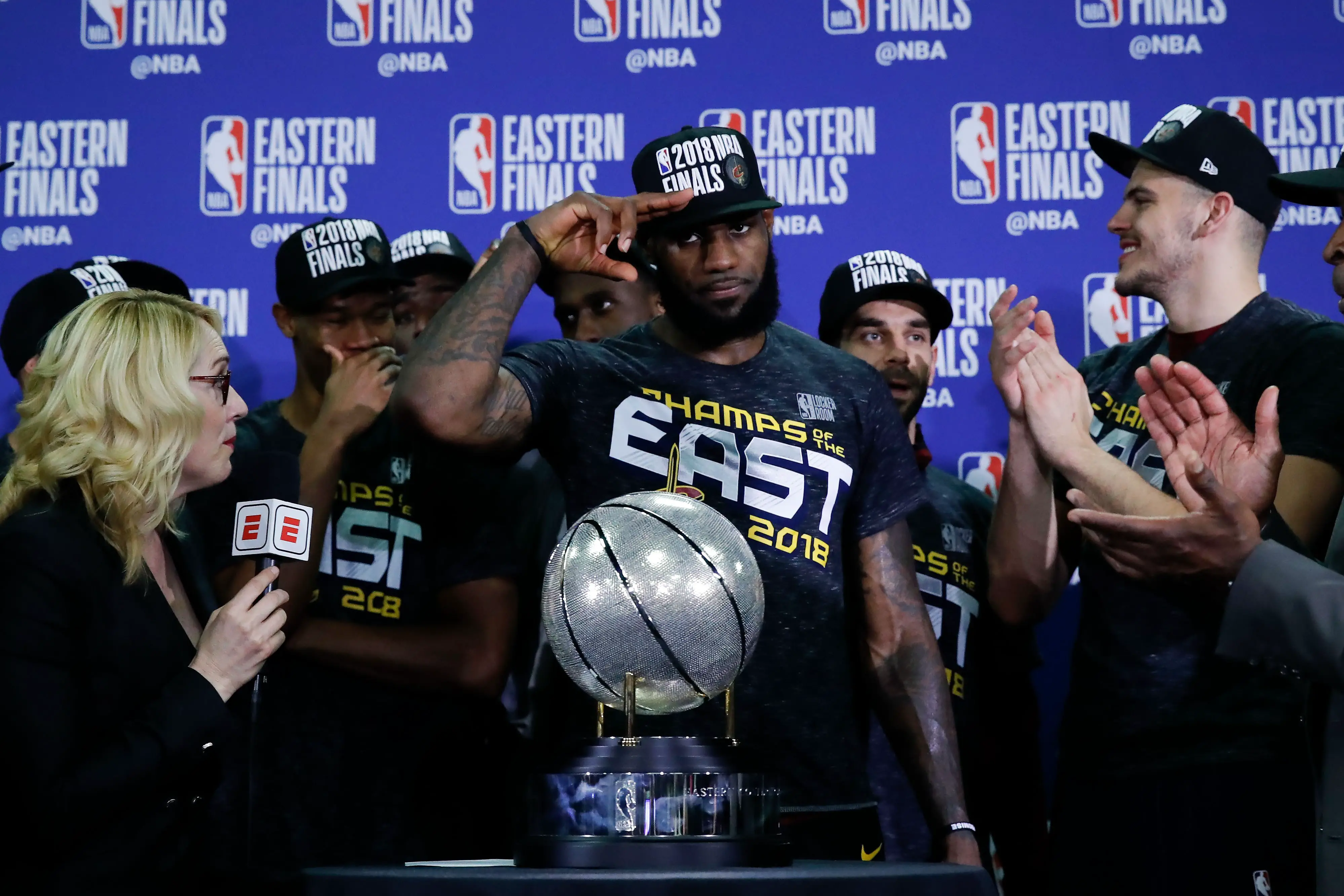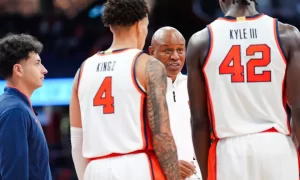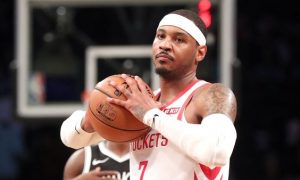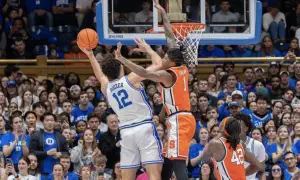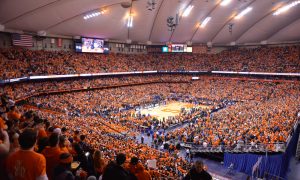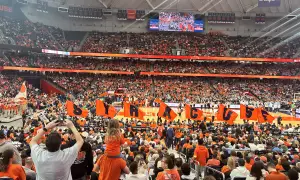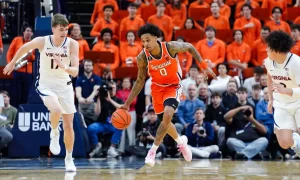There are many examples in NCAA sports where college athletes have chosen to turn pro rather than finish their degree. However, while it’s worked out for some, it’s been a disaster for others. After all, college athletes are in their late teens and early 20s when playing NCAA sports, and to go pro means going up against established, professional athletes.
Sure, there are similarities between the two levels, like the recent inclusion of the DraftKings North Carolina promo code, opening doors for people to make wagers. But there are still so many complications of NCAA athletes jumping right into the big leagues that suggest the four-year degree route works best for the masses.
We are about to reveal three specific reasons why this is the case, so keep reading for a full breakdown.
Personal Development
One of the biggest arguments against college athletes skipping their junior or senior years in exchange for the big leagues relates to personal development. We aren’t solely referencing physical development here; mental development is also a key factor. Of course, a 19 or 20-year-old just doesn’t have the same strength, stamina, and physical presence as someone in their mid or late 20s, and this often leads to a very difficult transition.
As for the mental side, maturity is a real concern, there’s also the ability to handle the kind of stress, pressure, and responsibilities that being a professional athlete brings. In most cases, an extra one or two years in college provides enough time for these youngsters to mature both physically and mentally.
After all, not everyone can be Michael Jordan or LeBron James!
Confidence and Self-Belief
There’s an interesting dilemma about NCAA athletes who are good enough to turn pro. On the one hand, they are often legends at their respective colleges, and truth be told, they are enjoying a taste of what being a superstar might feel like. Sure, this brings the potential for arrogance to arise, but if nurtured correctly, it can be avoided. However, the other side of the equation is that these athletes are building superior self-belief and confidence while in this environment.
Such traits are hard to build, but an early transition into professional sport can evaporate these traits very quickly.
Earning a Degree to Fall Back On
The final consideration is one that escapes many youngsters despite the advice of so many before them. Here’s the reality: if an NCAA athlete doesn’t finish their four-year degree, they will inevitably leave college without a degree. This begs the question, if something goes wrong and professional sports don’t work out, what have they got to fall back on?
Of course, this is more of an insurance policy rather than an assumed scenario, but it has happened to other NCAA athletes who have turned pro too early. So, at the very least, we think it makes sense to secure a degree before choosing the sporting route over academia.


